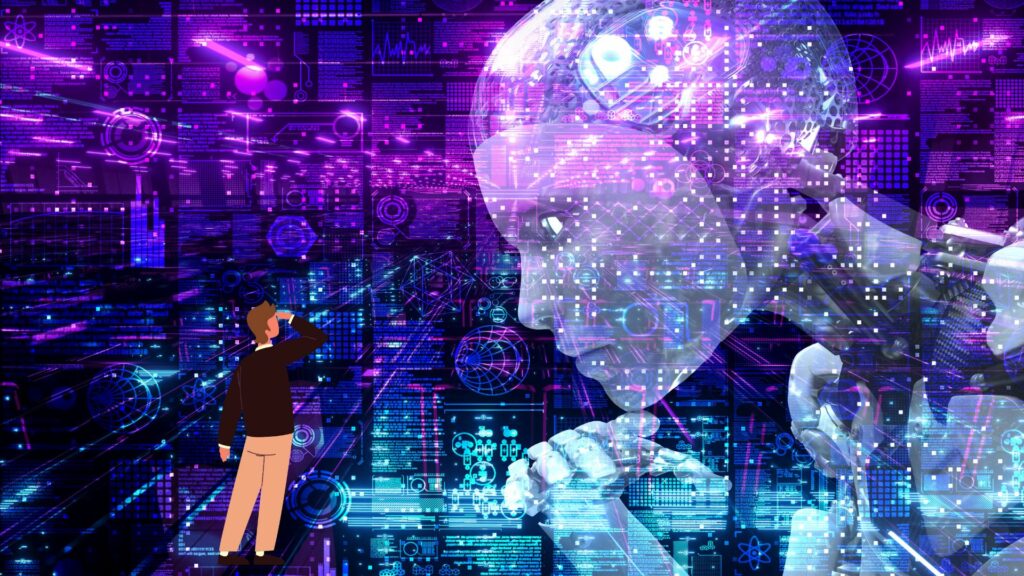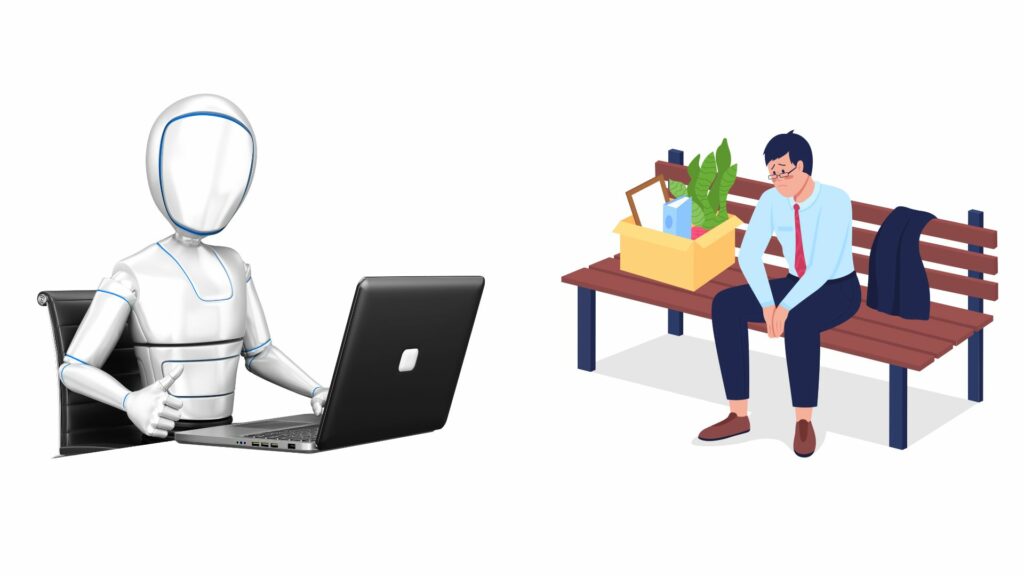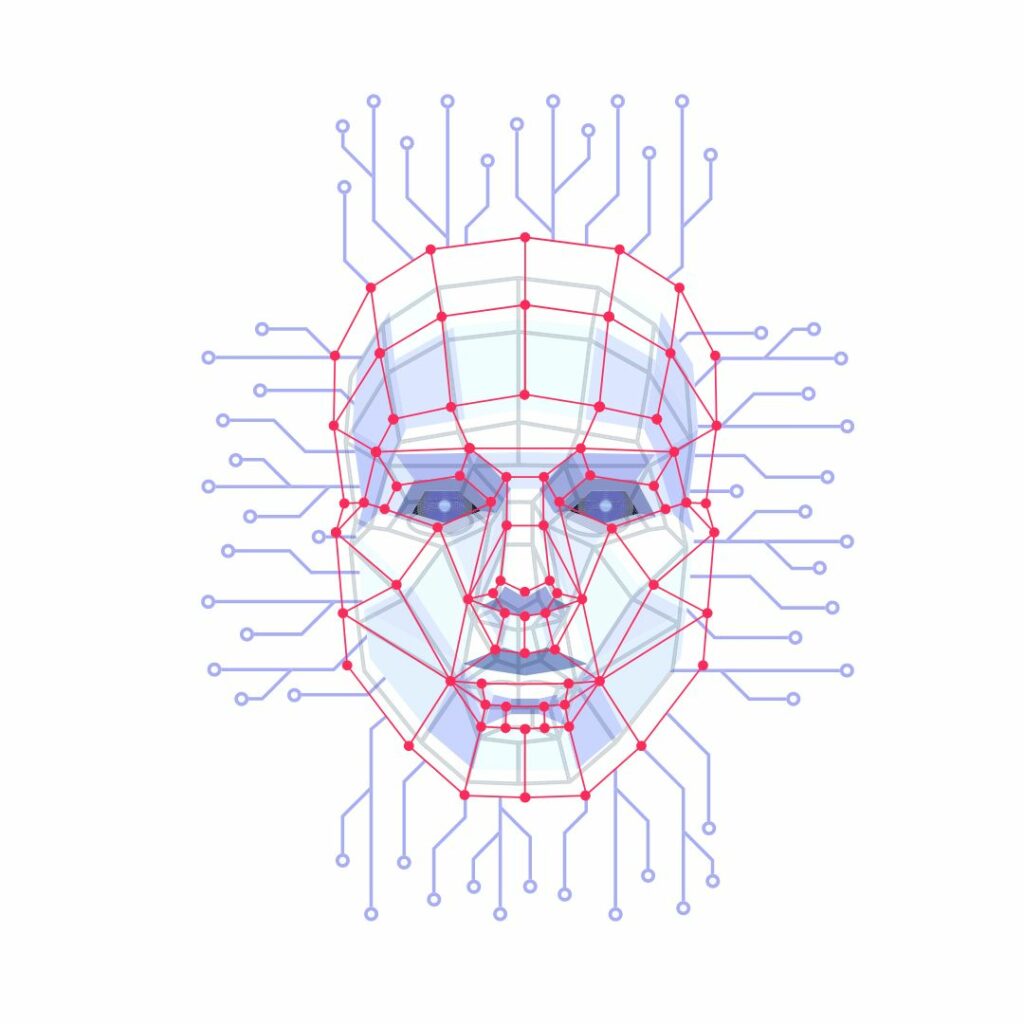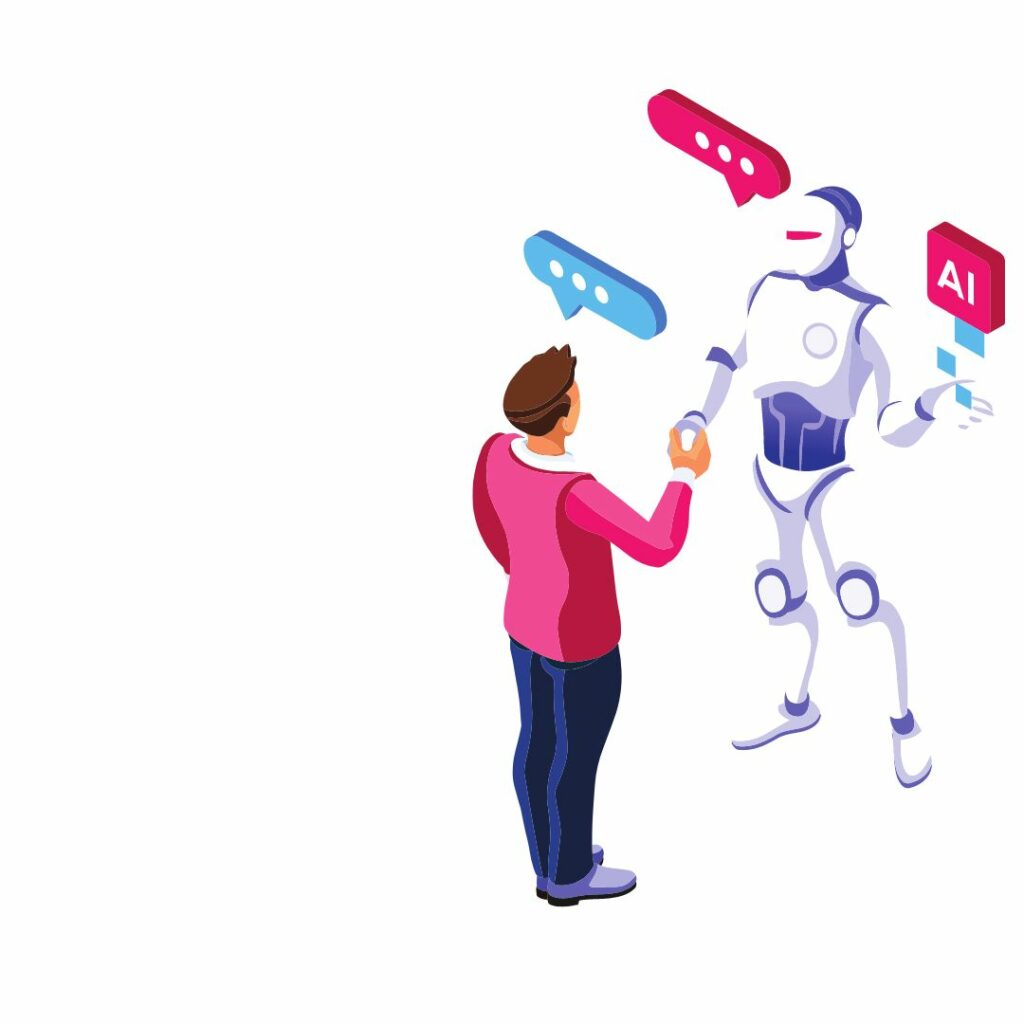In recent years, Artificial Intelligence (AI) has become a hot topic in technology and innovation. Among the various forms of AI, natural language processing (NLP) has made significant strides, with language models like ChatGPT leading the way. In this blog post, we will delve into the world of AI and explore the many benefits and challenges that come with this technology.
We will also take a closer look at The Pros and Cons of AI Artificial Intelligence and ChatGPT, one of the most advanced language models available today, and see how it can be used in various industries. Our goal is to provide a comprehensive understanding of AI, including its capabilities, limitations, and potential impact on society. We will also discuss the importance of balancing the pros and cons of AI, and the role of responsible development and regulation in ensuring a positive future for this technology. Join us as we chat with ChatGPT and explore the exciting world of Artificial Intelligence.

AI destroyer of Humanity?
Table of Contents
What is the Cons of AI
Alright, let’s dive into the not-so-fun part of our discussion – the cons of AI.
First up, we have ethical concerns. As AI technology becomes more advanced, we need to consider the potential consequences of its use. For example, what happens if a self-driving car has to make a split-second decision that could harm a pedestrian or passenger? Who is held responsible in that situation? These are important questions that need to be addressed as we continue to develop and implement AI.
Next, we have job displacement. With AI taking on more tasks and tasks becoming more automated, there’s a real concern that certain jobs may become obsolete. This could lead to widespread unemployment and economic upheaval. While it’s true that new jobs will also be created as a result of AI, we need to make sure that there are sufficient opportunities for retraining and re-employment for those who are impacted.

Privacy and security risks are also a major concern with AI. As more and more data is collected and analyzed, there’s an increasing risk that this information could be stolen or misused. This is especially true as more personal devices, such as smartphones, are equipped with AI capabilities.
Another issue is bias and fairness in decision making. AI systems are only as good as the data they are trained on, and if that data is biased, the AI will be too. This can lead to unfair decisions and discrimination. For example, if an AI system is trained on data that is biased against certain groups of people, it may make decisions that are discriminatory towards those groups.
Finally, there’s the issue of dependence on technology. As we rely more and more on AI, there’s a risk that we may become too dependent on it, and unable to function without it. This could lead to a loss of critical thinking skills and decision-making abilities, which could have serious consequences in a crisis situation.
So, as you can see, while AI technology has many benefits, there are also some serious drawbacks that need to be considered. It’s important that we continue to have open and honest discussions about these issues, so that we can make informed decisions about the future of AI.
What is The Pros of AI
Now that we’ve covered the cons of AI, let’s take a look at the pros. First and foremost, AI can greatly increase efficiency and productivity. By automating tasks and making decisions, AI can save businesses time and money. For example, imagine a manufacturing plant that uses robots to assemble products – those robots can work around the clock, without breaks, and make fewer mistakes than human workers. This can lead to increased output and lower costs.

AI can also improve decision making. By analyzing large amounts of data, AI systems can identify patterns and insights that humans might miss. This can lead to better, more informed decisions across a wide range of industries.
Overall, while there are certainly some drawbacks to AI, the benefits are undeniable. By understanding both the pros and cons, we can make informed decisions about how to use AI technology in a way that benefits everyone.
Balancing The pros and cons of AI
So, we’ve covered the pros and cons of AI, and it’s clear that there are both benefits and drawbacks to this technology. But how do we balance these competing interests?
First, we need to focus on responsible AI development. This means taking into account the ethical, social, and economic implications of AI technology. It means being transparent about how AI systems work and how decisions are made. It also means being open to feedback and willing to adjust or even scrap a project if it’s clear that it’s not in the best interest of society.
Another important step is to put in place regulations to govern the use of AI technology. This can help to mitigate the risks and ensure that AI is used in a responsible and ethical manner. Governments, international organizations, and industry groups can all play a role in developing and enforcing these regulations.

We also need to focus on retraining and re-employment opportunities for those who may be impacted by job displacement as a result of AI. This can help to mitigate the negative economic effects of AI and ensure that everyone has a fair chance at finding new employment.
Finally, it’s important that we continue to have open and honest discussions about the future of AI. This means engaging with a wide range of stakeholders, including experts in AI, policymakers, and members of the public. By doing so, we can build a shared understanding of the opportunities and challenges that AI presents, and work together to make sure that the benefits of AI are shared by all.
So, as you can see, there are a number of steps that we can take to balance the pros and cons of AI. By being responsible and transparent in our approach, we can ensure that AI technology is used in a way that benefits everyone.
World’s richest man Elon musk once said
“And mark my words, AI is far more dangerous than nukes – Elon Musk”
Bottom Line:
Our thought makes us human and AI can seriously damage human thought processing, human replacement can be real human only. While AI technology certainly has the potential to bring about many positive changes, it also comes with its fair share of negative consequences.
Ethical concerns, job displacement, privacy and security risks, bias and fairness, and dependence on technology are all valid and important issues that must be addressed. It’s crucial that we as a society take a responsible and proactive approach to the development and deployment of AI.
This means that governments, businesses, and researchers must work together to ensure that the negative impact of AI is minimized while the positive impact is maximized. We must also be mindful of the long-term consequences of our actions and make sure that we are creating a future that is safe, fair and just for all.
It’s important to keep in mind that AI is just a tool, and it’s up to us to use it in the right way. It’s a tool that can change the world, but it’s all up to us to ensure that it’s for the better.
FAQ
What is AI?
AI stands for Artificial Intelligence, and it refers to the ability of machines to perform tasks that would typically require human intelligence, such as understanding language, recognizing patterns, and making decisions.
What is ChatGPT?
ChatGPT is a language model developed by OpenAI that uses AI to generate human-like text. It is trained on a large dataset of text and can be used for a variety of language-based tasks, such as text completion, translation, and summarization.
What are some of the benefits of AI?
AI can increase efficiency and productivity, improve decision making, advance healthcare and medicine, create new job opportunities, and enhance customer service and personalization.
What are some of the challenges of AI?
AI can raise ethical concerns, displace jobs, pose privacy and security risks, perpetuate bias and unfairness, and lead to dependence on technology.
How can the negative consequences of AI be addressed?
The negative consequences of AI can be addressed through responsible development, regulation, and governance of AI technology. Governments, businesses, and researchers must work together to ensure that the negative impact of AI is minimized while the positive impact is maximized.
How can ChatGPT be used in different industries?
ChatGPT can be used for tasks such as text completion, translation, and summarization, and can be applied in industries such as customer service, content creation, and language-based research.
What are the limitations of ChatGPT?
ChatGPT is a highly advanced language model, but it still has limitations such as lack of common sense understanding and the ability to generate accurate and unbiased information.
Will AI take over human jobs?
AI can automate certain tasks that were previously done by humans, leading to job displacement.
How can we ensure that AI is used ethically and responsibly?
Ensuring that AI is used ethically and responsibly requires collaboration and cooperation between governments, businesses, and researchers. It also requires a clear understanding of the potential consequences of AI and the adoption of strong governance and regulatory frameworks.
What is the future of AI?
The future of AI is expected to bring even more advancements and integration into society. However, it is important that the technology is developed and used responsibly in order to maximize the positive impact and minimize the negative consequences.